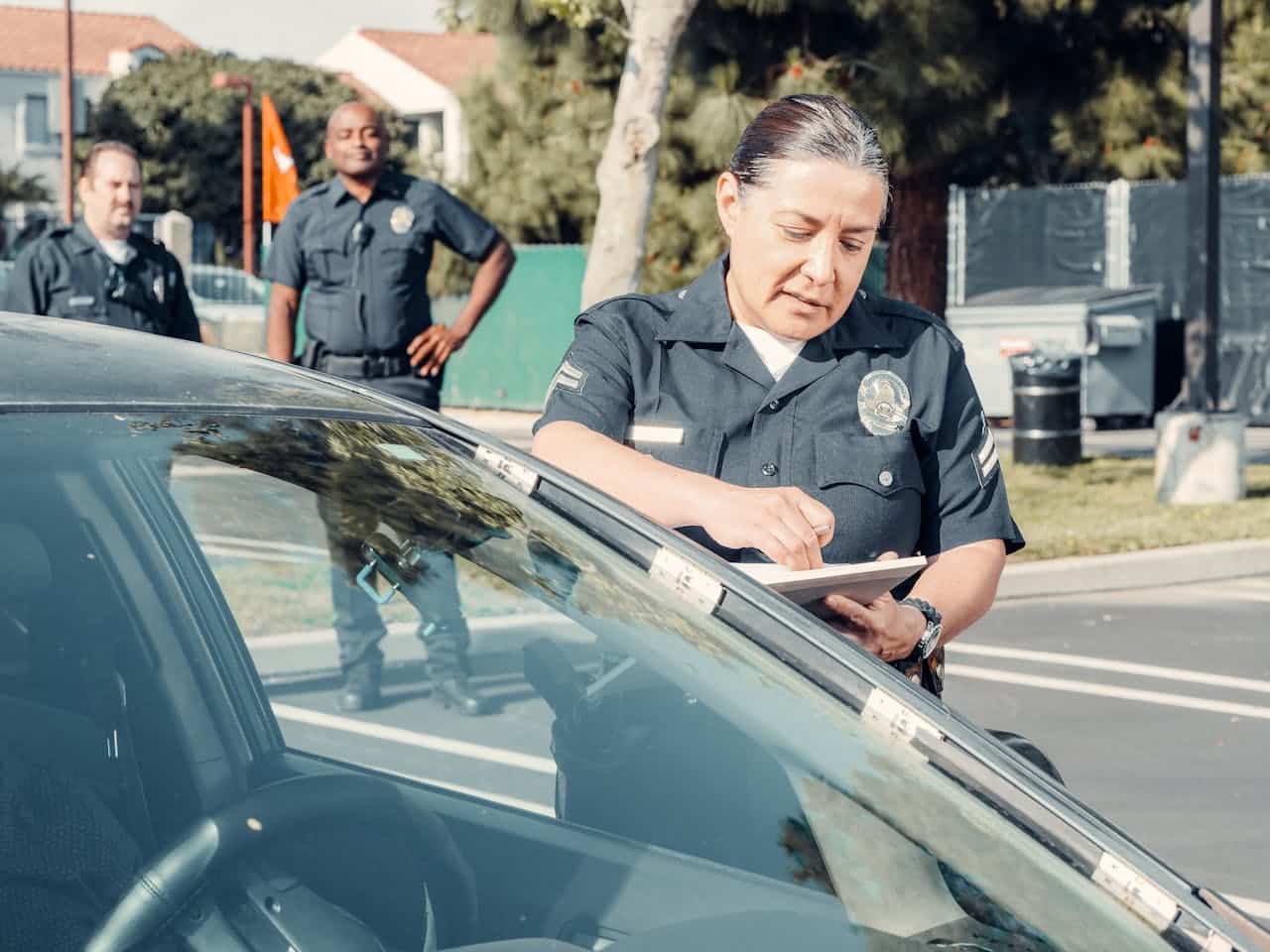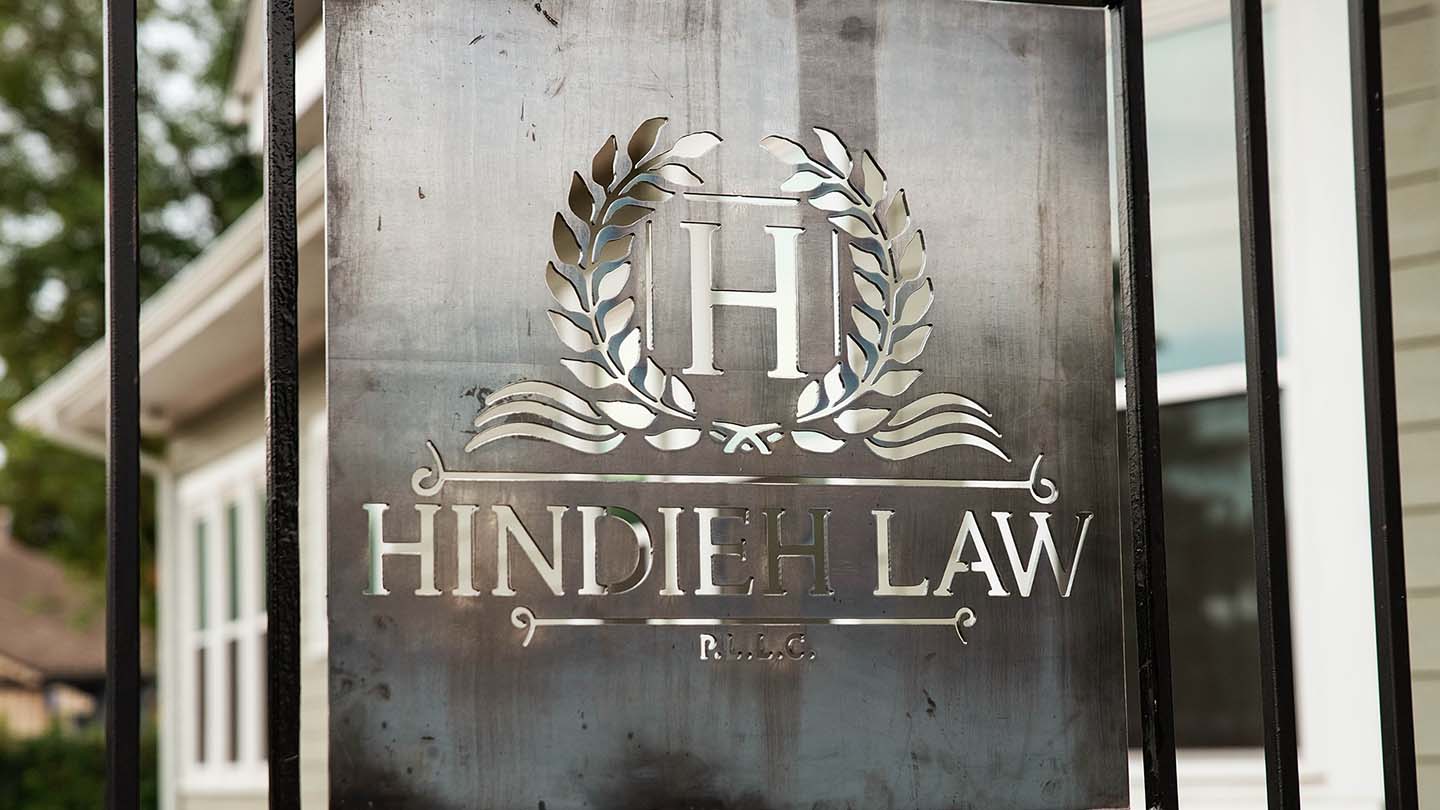It’s March and so St. Patrick’s Day is upon us. During this time of the year, as people start to come out of the winter and into the nicer weather and enjoy themselves – an unwanted companion attaches itself to many people – “Driving While Intoxicated” (“DWI”) cases and other intoxication charges.
DWIs are one of the most common criminal charges a person can face in Texas. They represent a cross section of society, because both rich and poor persons, those with clear criminal records and those with a long history of charges, anyone can be charged with a DWI – at any time. Because of the lack of public transportation and a steady culture of enjoying alcoholic beverages – Texas is fertile ground for DWI arrests. They are often a huge moneymaker for the government. Municipalities often fight over the location of certain venues and facilities with a keen mind focused on the revenue they will generate from DWI charges. It’s a fact of life, and if you find yourself charged with such a case, let’s discuss what your facing and your next steps in defending yourself against this very common enemy.
Types of DWIs and Other Intoxication Charges
A garden variety DWI means a person is accused of operating a motor vehicle in a public place while intoxicated with some type of substance – often alcohol. This type of basic level charge is a class B Misdemeanor, punishable up to 6 months in the county jail and up to a $2,000 fine. Certain factors, like a blood alcohol concentration of over a 0.15, or a prior DWI conviction can upgrade the offense to a Class A Misdemeanor, punishable by up to a year in the county jail and up to a $4,000 fine. Injuries sustained by a passenger in the defendant’s vehicle or an occupant of another vehicle can upgrade the offense to an intoxication assault – which is a felony. Depending on the circumstances, the accusation can become as serious as a first degree felony – like intoxication assault on a public servant involving serious bodily injury – but we will come back to that.
As a former DWI prosecutor and as a criminal defense attorney of many years, I can tell you that there are many ways of beating this very common charge. The manner in which the police officer stopped you can often times be improper, leading to a suppression issue (a way to suppress evidence in the case, often times leading to the case being thrown out altogether). The way in which the breath or blood specimen of a person’s blood alcohol concentration was collected or handled is often done improperly – and can lead to the exclusion of that evidence – to the benefit of the defendant.
Looking for the Right Lawyer for Your Case
Let me tell you a story about the toughest intoxication case I have dealt with thus far. I had a client who was driving home one night and he stopped at a red light in the left turning lane that had a red arrow. When his arrow light turned green, he pulled forward to make his left turn but he suddenly was forced to stop because a number of police cars were blowing through their red light. He yielded to them and stayed in the median. As moments passed, he was stuck in the median and was losing his arrow. The last police car had passed through – or so he thought. He looked once more and then went to make his turn and BAAAMM!!! One final police car ran into him going 75 MPH in a 35 MPH zone. Now, many of us would feel that the police officers were at fault. Yes, they had their emergency lights on and yes, they were rushing to a call, but they were going really fast and ran into my client head on. One problem – my client had a large amount of alcohol in his system. One of the responding officer smelled his breath and, even though he was injured, they started making him take balancing tests to detect intoxication. He was taken to the hospital to extract a blood specimen to test for blood alcohol concentration. It came back high. What’s worse – the cops in the car that collided with him were badly injured. He was charged with the first degree felony offense of Intoxication Assault of a Public Servant Involving Serious Bodily Injury – punishable by up to 99 years or life in prison. The state’s recommendation to me of a plea offer for my client was 20 years in prison.
We were forced to set the case for trial. Under the law in Texas, the injuries suffered by the victims in these types of offenses has to have occurred “but-for” the intoxication. Meaning, the defendant being intoxicated is what caused the victim to be injured. Here, I argued that the police had drove recklessly and blown through intersections without clearing them properly. We uncovered evidence that the cop driving the police car had been sanctioned for unsafe driving in the past. I pulled the internal driving policies of the police department and found that they violated their own policies on how fast they could drive based on the type of call they were responding to. At trial, I called an accident reconstruction expert who testified that if the cop car had not been traveling so fast, then the two cars would never have collided. At the end of the case, we delivered closing arguments and, in an impassioned speech, I asked the jury to convict my client not of a first degree felony, but of a class B misdemeanor DWI offense (five levels lower), and to give the days he had already done in jail before he bonded out as his only punishment. Guess what? They did! They jury deliberated for only a short time and came back and gave the defense everything we had asked for. Why? Because with training and experience comes the methods to defeat the system.
At Hindieh Law, we use all the weapons in our arsenal to fight for our clients. We have won every type of intoxication case you can imagine, from a first-degree felony all the way down to a class B DWI. Call us for a consult and put yourself back in a position of power today.






